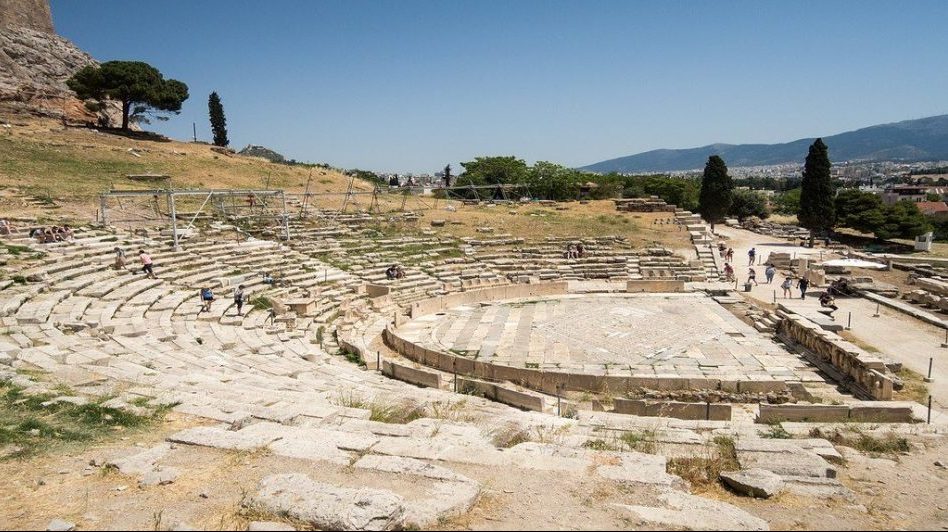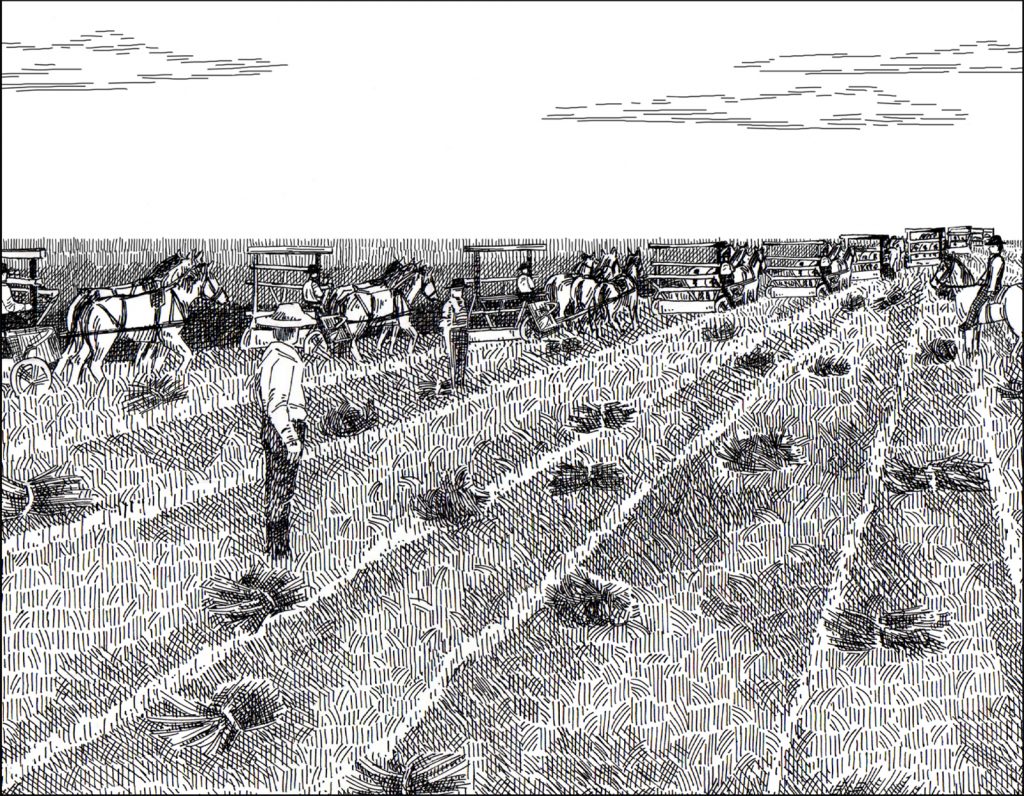James Leaf’s letter, accompanied by a note from Elizabeth Goodenough, appear in Michigan Quarterly Review‘s Summer 2019 Issue, along with his fiction piece “Team Wristband.”
James Leaf believed in the power of art to combat darkness, both on political planes as well as through battles of the soul. The preceding story and what follows—a message found on his cell phone after he died—expresses his thoughts on the necessity of creating art. He loved Charles Bukowski: “What matters most is how well you walk through the fire.”
—Elizabeth Goodenough
***
From: James Leaf Subject:
Re: artist support collective?
Date: December 12, 2016 at 11:44:14 AM EST
Hi, I’m James,
I don’t really know any one yet except Mimi, but these are my immediate thoughts:
Thomas Mann wrote something like “Culture has abandoned the cult and has thus made a cult out of itself.”
By culture he is in this context referring to music, literature, painting, sculpture, music, theatre, etc. He is referring to the notion that art at different times was measured by how it served a greater sacred idea that was itself much greater than art: Sophocles wrote devotionally for the cult of Dionysus or Apollo in service of his city, the Great Renaissance painters were often serving the cult of The Virgin or a Saint, Phidias and the Athenians built the Parthenon to honor the cult of Athena. Bach is writing music that is venerational to the “cult” of Jesus, his birth and his death that means the forgiveness and redemption of mankind. And on and on, from Tibetan sculpture of warning demons to Islamic calligraphy.
As to artists today, I believe many of us are stuck with the idea of “I must be an artist, I am doing this on my own, this is my vocation and career, this is my calling, I must do this shit to prove I am what I say I am.” This allows us to fall into a trap where we begin to consider ourselves and what we create as commodity. It’s an alienating capitalist pressure I think we can all feel.
When the stakes really rise in a nation, though, none of this matters very much.
What matters is the daily struggle to not fall into isolation, alienation, haughtiness, recklessness, pride or despair. And if we can do that we may be able to help or even stand up and fight for other people who may need our help. The daily struggle is to offer succor to one another as human beings, and to do the right thing, the courageous thing, however we can. That is the primary struggle, and art, I believe, is an incredible byproduct of that struggle to possess personal freedom every day and live without fear.
I believe the climate in America has changed and we are moving towards a best and worst of times situation. Those who revere naked power, and who want a “strong” man over democracy, are feeling emboldened. So too are the mediocre, the bullies and the bigots.
Those of us who believe in democracy must fight back daily and art is one weapon among many—though art is a million things besides a weapon.
George Orwell, an author more and more important in a potentially proto-fascist environment, wrote that good novels couldn’t be written by people who were afraid. So we have to face the world we live in firstly as citizens of the world and citizens of a nation, and secondly as artists.
It is memorable that on the tomb of Aeschylus, the supposed father of all playwrights, there is no mention of any of his great tragedies. It says merely that he fought at Marathon, and that the Persians there knew his worth in battle. He was most proud of having fought for his democracy against an invading autocracy. The Oresteia is secondary.
I’m glad I was able to write seven pages of my novel the other day, I’m glad I’m reviewing my lines for a play that opens in six nights, but I’m more glad that I was able to find a bit of guts and yell back and risk a fist fight with a thuggish guy screaming about the “Jew bastards, and the dykes and the faggots” in the West Village, a circumstance which, in a proto-fascist environment, will happen with more and more frequency and will include attacks on hosts of people deemed outsiders: Mexicans, Muslims, women unwilling to play a submissive and subservient role.
So I think my total point is the identity struggle about being an artist is a distraction and is unhelpful. The important thing is to try and find personal freedom and fight for freedom to think, explore, imagine without fear, and to help those in need and express solidarity with the righteous. If that can be won, you will create. I personally believe that if you can find that freedom from fear, an ability to play, the Gods or the force or the universe will do the work THROUGH YOU to make what must be made, and when we do get to create real art, that is perhaps the most intoxicating and wonderful experiences we can know.
Lastly I’d just like to close with a story that may or may not be factually true (the metaphor is what I’m aiming at) about a Russian city invaded by the Germans in WWII. The Russian Commander gave an order to the Red Air force to bomb the outskirts of his own city. After immense slaughter the siege was repulsed and the German army driven back. When asked why he had bombed his own city, his answer, in English, was: “Rubble is easier to defend.”
I think that’s what a lot of us do in our lives as artists, metaphorically. I know I’ve done it many times. We bomb our own city, which means we sabotage and bomb ourselves because rubble is easier to defend. If our life feels predictable, frustrating and boring, or if we are depressed or uncreative, well we know nobody is going to try to take that away from us. It’s much harder to defend a gorgeous palace or a temple than charred rubble. The feeling of elation, joy or ecstasy from which the greatest work is made is far more precarious than the feeling of being low, unproductive, watching tv, eating junk, etc.
So “Rubble is easier to defend” is a good strategy if you are literally trying to turn back legions of enemies, but it’s a very bad strategy emotionally/spiritually, and is something I am trying to avoid.
I’m trying to let myself feel really good, feel joyful even, allow myself to be kind and to create, even though I know that “they” can take that away way more easily than “they” can take away my depression, my dark taciturn habits, my lack of imagination, my self-pity . . . my rubble.
Thank you to all of you I don’t know yet, and thank you for reading what may have been a rather scattershot screed.
Good luck in life and in your art.
Good courage and many blessings from Brooklyn,
James
“(S)He who seeks life and freedom, must win each, each day anew.”
—Goethe
Read more of James Leaf’s work in Michigan Quarterly Review’s Summer 2019 issue.




